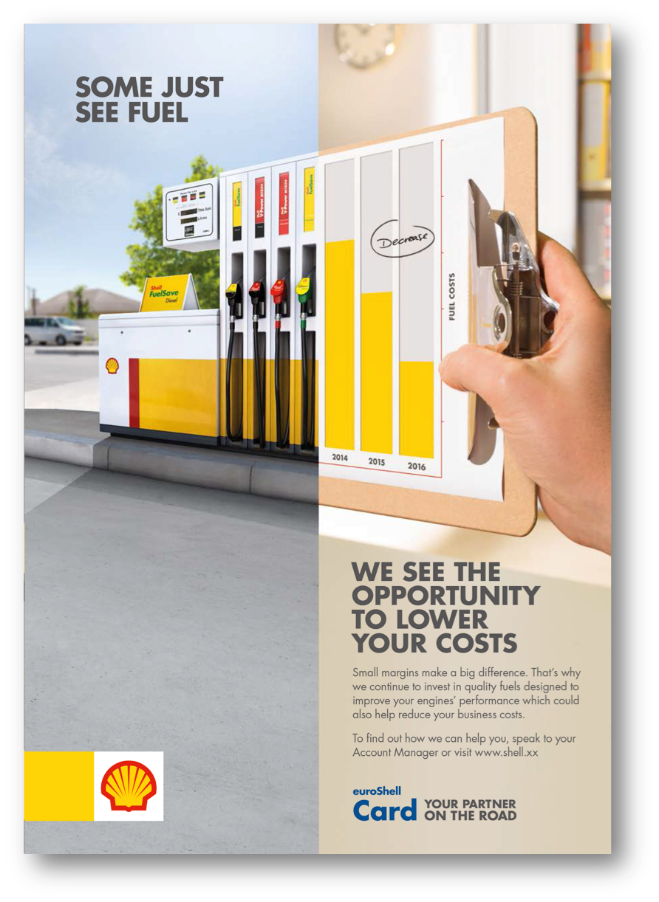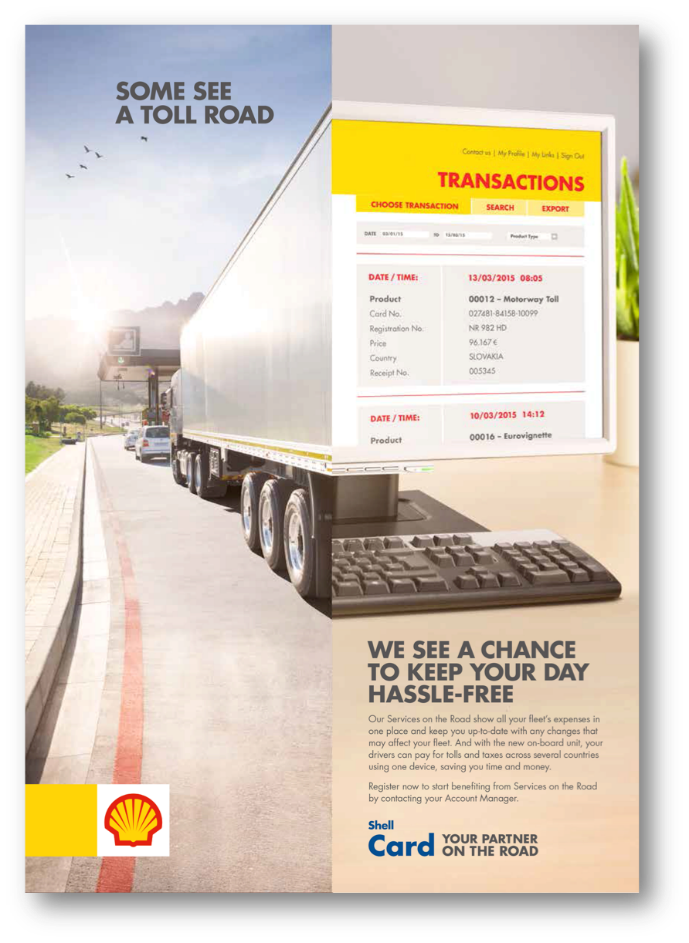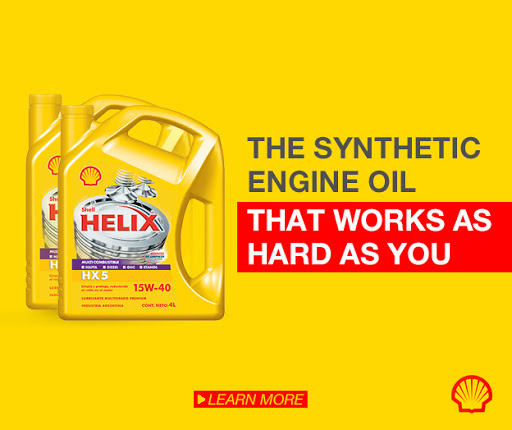The product chosen for marketing
Shell is a multi-national British-Dutch oil and gas company. The company is one of the biggest companies in the world, being on the top of the chart as one of the richest businesses in the world. The company primarily positions itself as a dealer in oil and gas, being involved in its production, advertisements, marketing, refinement, and transportation. Their product line is varied and impressive, including gasoline, diesel, aviation fuel, marine fuel, lubricants, and other types of fuel. For the purpose of this paper, a deeper look into their gasoline sales will be made.

As seen in their ads, the company primarily promotes a combination of efficiency and convenience as its main benefits to the consumer.
The personal connection to the product
Personally, my family has often been using Shell products as their choice of gasoline for transportation and has seen the development and expansion of the company throughout the years.
The logo for the company
The logo of the company looks like a graphic representation of a seashell. The logo is easily recognizable and bright, having a contrasting combination of colors to make the logo visible from a distance. I think that the current logo is too iconic to change and also sufficient for recognizing the company.
The issues with the logo
While I think that the present logo is sufficient in its presentation and message, changes to it would also be welcome. I think that connecting the logo with the main products of the company: oil and gas, would be more effective. I think putting a representation of black oil on the shell or near it would be better for stating the purpose of the business.
Buyers of the product
The company is popular and prominent both among average consumers and big transportation and travel corporations. Research shows that Shell is the 9th most popular gas and tire brand among consumers (YouGov). Most importantly, the brand is largely favored by the baby boomer population, especially women (YouGov). Overall, the opinions about the company are mixed while leaning towards a positive perception.
Marketing of the product
Their marketing strategy is simple and effective. Print advertisements are used to better connect with audiences and see the brand as a relatable entity worthy of support.


The company emphasizes its quality, reliability, and understanding through the use of personal language. Adverts try to address the issues a common consumer faces while also providing a solution to them. The company’s own website shares its desire to keep its place on the market and continually provide high-quality services to the public (Our strategy).
The product’s declining success
During the recent pandemic, the company suffered a major financial loss due to a drop in the prices of oil and gas. Massive write-offs and a hasty attempt to adjust are the company’s current response to the events.
The benefits that the product brings to people
The company’s products allow me and my family to use personal methods of transportation, bringing great convenience and mobility into our lives. Without the use of fuel, commuting to work, traveling, or simply moving from place to place would not be possible.
The problem occurring with the product
The main problem is the declining public support for Shell’s work and its products. The concerns of the public are mainly aimed at the environmental danger the company presents, as well as the variety of oil spills it was responsible for throughout the years (Ambrose). As society becomes more environmentally conscious and shifts to the use of other types of fuel, the global support of Shell is declining.
Locations where the product is sold
The product is sold to a variety of markets and demographics around the world. I think that changing the core audience for the products will be ineffective, and managing the company’s image and reputation is much more important.
Improving marketing of the product
I think that I would change the marketing strategy to focus on the environmentally friendly activities the company is performing, showing the public that Shell shares their concerns and values and understands their reservations about using oil and gas products.
References
Ambrose, Jillian. “Shell Reports $18bn Loss as Global Oil and Gas Prices Collapse.” The Guardian. Guardian News and Media, 2020. Web.
“Our Strategy.” Shell Global. 2021. Web.
YouGov. “Shell Popularity & Fame.” YouGov. 2021. Web.